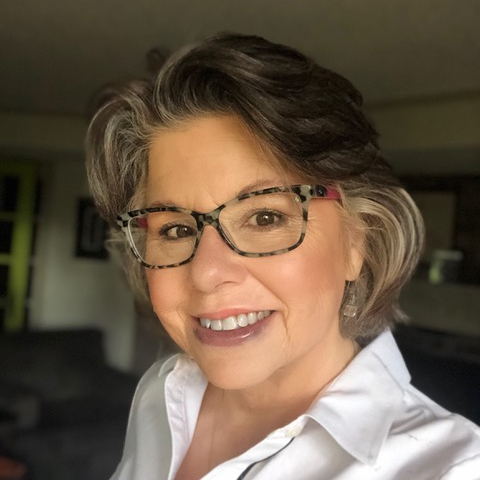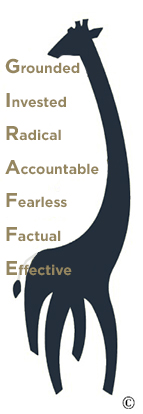In late spring and summer 2020, the Institute of Coaching (IOC) conducted an inquiry into the impact of pandemic-era disruptions on organizations, leaders, leadership, and leadership coaching. Our aim was to explore the lessons for leaders and coaches in shaping a post-pandemic future. A group of nineteen IOC fellows, executive coaches with extensive experience in coaching executives in large organizations, interviewed thirty-three executives in five countries, all of whom were invited to reflect on what they have experienced and learned about leadership and the role of coaching in leadership. This chapter is a brief summary, the bottom line so to speak. The project methodology is summarized in Appendix I. We provide bulleted lists of the key themes in the interview transcripts by chapter in Appendix II.
The pandemic era
The backdrop for this project was a pandemic in full swing, and a wave of social unrest, particularly in the U.S. The entire globe experienced huge trauma and faced colossal uncertainty about the future. The declaration of the COVID-19 pandemic on March 11, 20201 marked the beginning of a level of global disruption beyond what any of us have experienced in our lifetimes. Over 4.5 million people have died worldwide, and the pandemic rages on. Massive disruptions to schooling, businesses, employment, workplaces, and private lives have had a severe impact on psychological well-being, with symptoms of grief, depression, anxiety, and addiction at all-time highs.
The pandemic abruptly revealed the divide between those who benefit from socioeconomic advantages, having ready access to resources to soften the pandemic’s blow, and those who are disadvantaged, suffering the highest rates of infection, severe illness, and death.2 The wealthiest in some countries are gaining wealth, while the poorest are struggling more than ever to pay rent, and to buy food and other necessities.
These disparate economic and workforce impacts on human life are dramatic.3 Work lives and careers have been devastated for many, especially low-income workers and young adults, while others have experienced an abundance of professional opportunities to expand and grow. Some industries experienced massive windfall gains, while others have been ruthlessly disrupted or decimated. The healthcare industry in the U.S. struggled prior to the pandemic with epic financial disruption,4and now faces a workforce ready to collapse from the strain of navigating COVID-19.5 The health insurance sector, by contrast, saw financial gains.6 Online offerings like streaming services and video conferencing experienced huge increases in usage, while restaurants, hospitality venues and movie theatres struggled, and many closed. The scope and scale of both positive and negative impacts of the pandemic escalated as what was early on thought to be a “short disruption or sprint” became a marathon.
The killing of George Floyd awakened many to the trauma, pain, social injustice, and economic disadvantages experienced by Black and other minority communities in the U.S. and beyond. Floyd’s death spawned a vigorous social movement aimed at improving the lives of those most harmed by longstanding inequity and exclusion. Gender inequality has also more visible in the U.S., in light of the massive strain on working women, who suddenly and disproportionately have been required to home- school children without the support of public schooling and child-care resources.8,9
The report
Written by nineteen IOC fellows, the report captures the experiences of the executives transcribed from the interviews, which were then contextualized with relevant theoretical and empirical literature. In this first chapter we briefly outline each of the following four chapters.
In Chapter 2 we share leaders’ descriptions of the crisis’s impact on their organizations. We move on, in Chapter 3, to the soul-searching of leaders suddenly responsible for a workforce uprooted by a massive disruption. Emerging leadership themes are explored in Chapter 4, as leaders describe taking tangible steps to integrate human-centered leadership. The leaders we interviewed came to see employees first through the lens of their humanity; they discovered that this approach empowered employee contributions to organizational agility, resilience, and performance. In Chapter 5, we explore how coaches have supported and can continue to support executives on their journey as human-centered, agile leaders.
Our wish for readers is that they relive the acute phase of the pandemic with a reflective stance, harvesting the positive shifts as well as processing the concomitant pain and suffering. We hope that together, in this difficult time, we sculpt organizational life in a way that better serves humanity.
In good times, benevolence in leaders may not always be essential for optimal financial results. In contrast, in crisis our report suggests that leaders’ focusing on serving humanity creates a path to organizational resilience, reinvention, and positive performance. Given our age of accelerating and unpredictable change, where the only certainty is that we will continue to face ongoing global disruptions, supporting our own and others’ humanity may well be the crucial recipe for sustaining individual and organizational success.
Tags: humanity, Leadership, Methodology, pandemic






